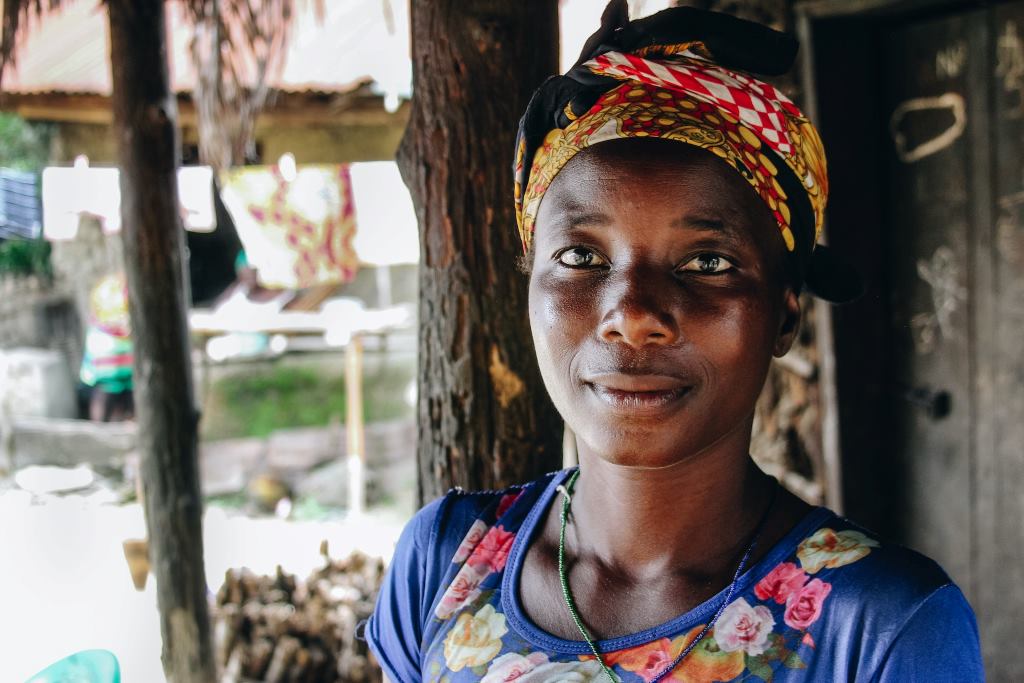
WHO Continues Its Crusade to End Malaria
Share
Malaria is one of the world's deadliest infectious diseases. People get the disease from infected mosquito bites. Officials at the World Health Organization (WHO) report that most of the world's infections are in Sub-Saharan Africa. The agency reported an estimated 247 million malaria cases in 2021 globally.
The agency hopes for a healthier future; its officials always work toward ending the disease. For example, as part of the decades-long war against the infection, WHO officials certified (former Soviet Union republics) Azerbaijan and Tajikistan as malaria-free last month, bringing the official count of territories and nations to 42.
Although it is preventable and treatable, more than 600,000 people die from the disease yearly — nearly 70% are children under five. Furthermore, 95% of the malaria cases and 96% of those who died lived in the WHO African Region.
However, the Council on Foreign Relations (CFR) explained that malaria-related deaths have fallen by over half since 2000. "Many scientists, policymakers, and philanthropists say eradication is in sight."
Oxford's R21 Malaria Vaccine Saves Lives
After participating in a successful four-year pilot program, two African countries recently approved vaccines to combat mosquito-borne disease. Nigeria and Ghana approved Oxford's R21 Malaria Vaccine. Dr. Ardian Hall stated, "This is the first time a major vaccine has been approved in an African country ahead of rich nations."
Earnest Aboagye wrote about his encounter with this infectious disease and his hope for the future. "Before turning 16 years old, I had malaria fever at least 30 times." Additionally, Abaogye recalled his parents' mental and financial challenges each time he and his brother were sick.
Moreover, "the disease was so widespread within my community that being sick with malaria was not an excuse for absenteeism. My teachers claimed, 'Everyone gets, it's normal,' and as long as I could walk and eat, I was expected to come to school."
Referring to the vaccine, Abaogye continued: "Hopefully, this historic achievement can erase some of my childhood traumas triggered by malaria. I am thankful there is now a vaccine that can help the prevalence of malaria, which typically affects households and communities with fewer financial resources."
Avoid This Mosquito-Borne Infectious Disease
The U.S. Centers for Disease Prevention and Control (CDC) travel advisory lists the following countries where people may get infected with malaria: "Africa, Central and South America, parts of the Caribbean, Asia, Eastern Europe, and the South Pacific."
Reducing the transmission of this infectious disease in endemic countries includes preventing the overuse of antimalarial medications, which would reduce the chance of drug resistance. Officials should address the diagnostics and treatment stats to help identify broader malaria trends. Doing this will help agencies determine where to concentrate resources.
Finally, the CFR says bed nets and indoor residual spraying are excellent preventative measures. However, "bed nets can be one of the most effective and lowest-cost preventative measures." Most malaria-endemic countries distribute long-lasting insecticide-treated bed nets, CRF continued. They usually last for around five years.
Another factor contributing to malaria is unsafe water: One in four people lack access to clean water. Mosquitoes thrive on abundant rainfall accompanied by hot weather. Tearfund, the charity behind the toilet and tap twinning projects. This and similar organizations work toward happy, healthy families. When someone buys Simpleaf products, they are helping to fund access to safe, clean water through donations made to the Twinning project.
Written by Cathy Milne-Ware

